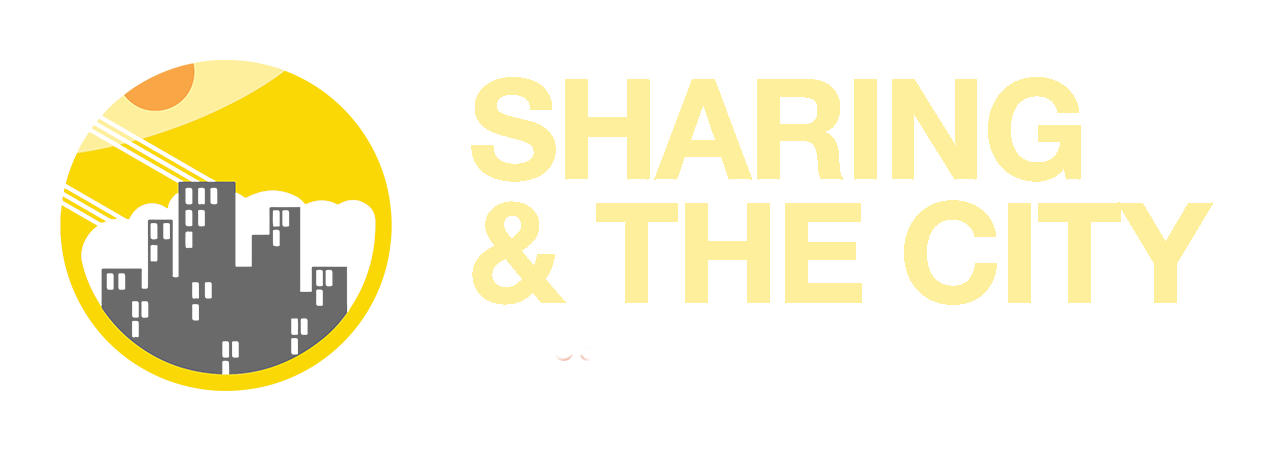HOW MUNICIPALITIES SELF-GOVERN IN THE SHARING ECONOMY
Two weeks ago we introduced the video series The roles of city governments in the sharing economy. Last week’s episode: Regulating the sharing economy in cities discussed how the municipalities of Amsterdam, Berlin, Gothenburg, London, Malmö and San Francisco govern the establishment and operation of sharing economy organisations through regulatory tools such as laws, taxes, bans and policies. City governments use these tools to constrain the sharing economy and/or to help it grow.
While the regulating mechanism is perhaps the most common way to govern the sharing economy in cities, my research team and I argue that there are at least four other governance mechanisms that are important to consider. One of these mechanisms is ‘self-governing,’ which is presented and explained in the next episode “Self-governing the sharing economy by municipalities”.
Self-governing refers to the capacity of municipalities to govern their own activities. There are at least three roles of municipalities that exemplify this mechanism: the city as a consumer, the city as a sharer and the city as a data user.
The ‘city as a consumer’ is the role when municipalities adopt urban sharing practices in their own operations, for example, through municipal public procurement. The ‘city as a sharer’ is the role when municipal units offer assets owned by them for shared use by other municipal units or organisations. The ‘city as a data user’ is an increasingly important role in the relationship between municipalities and sharing economy organisations. For example, data about how people are moving around in the city can help city governments combat congestion and pollution.
Post originally posted in Shareable.
